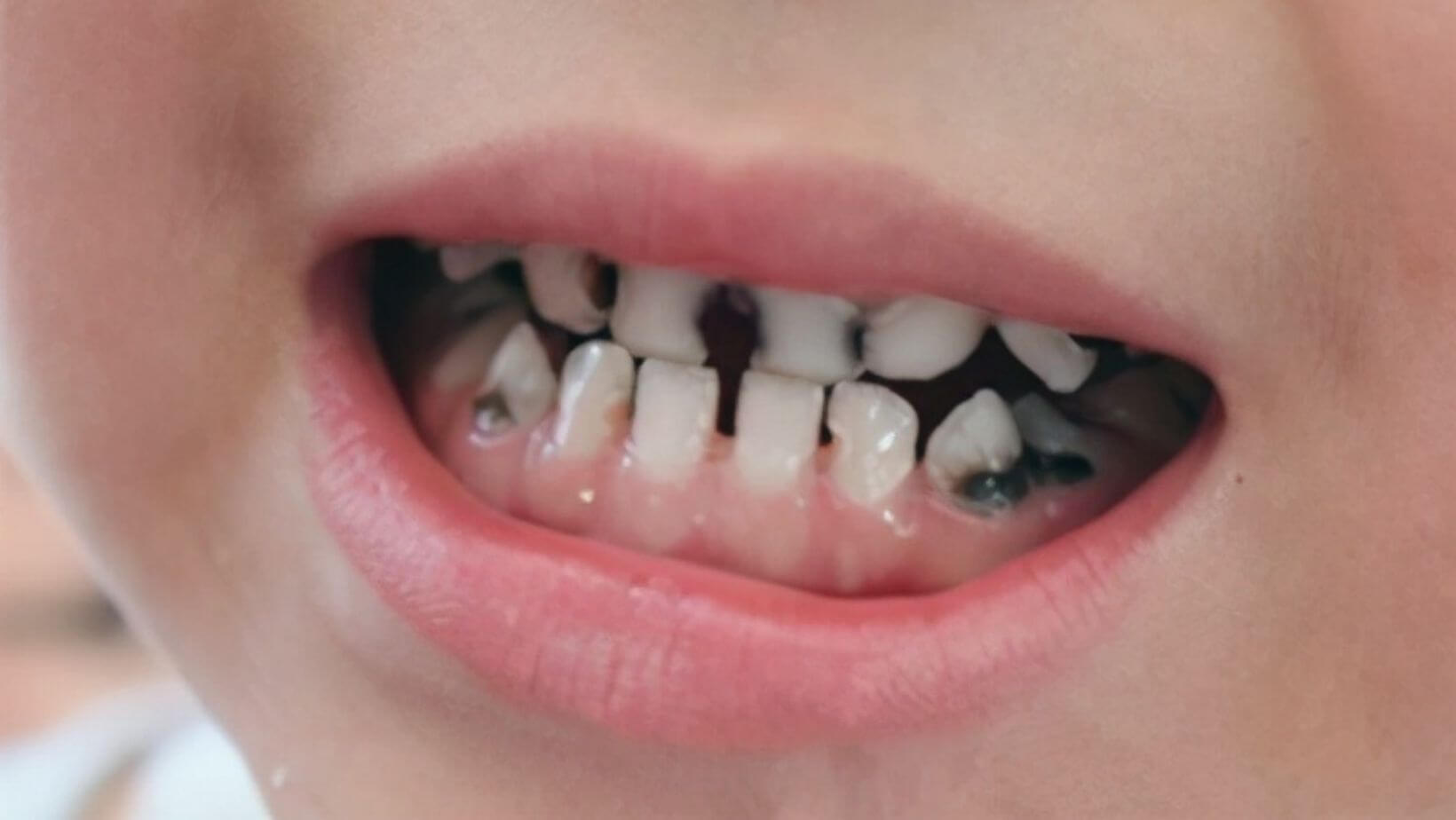Parenthood is full of wonderful surprises: giggles, chuckles, and even a few meltdowns every now and then. These moments are precious and should be cherished by parents. Babies grow up so quickly that savoring these moments is important. Sometimes a baby arches back when held to get a better view of their environment and take in all the new sights and sounds.
What does it mean when a baby arching back and crying? It’s like seeing a small acrobat who is very angry and moving their arms and legs to show they are protesting. As a parent, you may wonder, “Why is my child acting out so much?” Don’t worry; we will talk about why baby arching back when lying down and give you some advice on how to calm your baby down.
The reasons why baby arching back and crying at night?
Many new parents struggle with this question. This behavior may be a result of the following:
- Physical discomfort: Physical discomforts like teething, gas, or colic may make babies arch their backs and cry. To alleviate discomfort, they may also arch their backs.
- Reflux or GERD: A baby’s back may arch when they have acid reflux. This happens when stomach acid flows back up into the esophagus, irritating and hurting the area.
- Developmental frustration: It is common for babies to become frustrated as they grow and develop. Often, they cry out of boredom, attention, or stimulation.
- Sensory overload: Sensory stimulation can easily overstimulate babies. Baby arching back and crying can be one of the signs they need a break.
How to soothe a baby arching back and crying?

When your baby arching back and crying at night, it can be upsetting for you and your baby. Here are some ways to make your baby feel better and more relaxed:
- Hug your baby tightly. Sometimes, all a baby needs is to feel that their mother is nearby and comforting them. If possible, hold your baby close to your body and talk to them in a calm and comforting tone.
- Give your baby a toy, as it can make them feel calm and secure by providing comfort.
- Wrap your baby in a soft blanket to make them feel safe and comfortable. This can work well for babies with colic or reflux.
- If your baby arching back and crying when feeding, they may be uncomfortable because of gas or reflux. You can try changing your feeding schedule or technique to help. You can talk to your baby’s doctor about changing their feeding schedule or how you feed them to help them feel better.
- Try different ways of holding or moving your baby to find out what makes them feel better. Babies may like different ways of being held.
Tips for Preventing Baby Arching Back and Crying
Even though you can’t always stop a baby arching back and crying, there are certain things you can do to avoid the chances of it happening:
- Pay attention to your baby’s feeding routine because baby arching back and crying, are common signs of pain during or after feedings. Ensure your baby latches on properly and burp them regularly to avoid gas buildup during feedings.
- Maintain a peaceful and calming environment to prevent fussy behavior. Reduce noise and bright lights to provide your infant with a peaceful and comforting environment.
- Regular schedules help babies avoid overstimulation and reduce stress. Establish a regular eating and sleeping schedule to make your baby feel safer.
- Give your infant lots of time on the stomach since it helps their neck, back, and shoulder muscles develop. By calming them down and promoting muscle development, lying on their stomachs prevents baby arching back and crying,
- Address any underlying medical conditions your baby may arch their back and cry more if they have conditions like colic or acid reflux. To address any underlying medical conditions that might be causing your baby’s discomfort, speak with your pediatrician.
Conclusion
Baby arching back and crying can be a distressing experience for both the baby and the parent. While it can be difficult to determine the exact cause of this behavior, some common reasons include physical discomfort, reflux, developmental frustration, sensory overload, and the need to communicate and express their needs. It’s imperative to remember that every baby is different, and what works for one may not work for another. When attempting to soothe a crying baby, it’s important to remain calm and patient and to try different techniques until you find what works best for your baby. If you have concerns or your baby’s behavior persists, consult your pediatrician for further guidance. Most babies outgrow this behavior with proper attention and care as they develop and grow.





